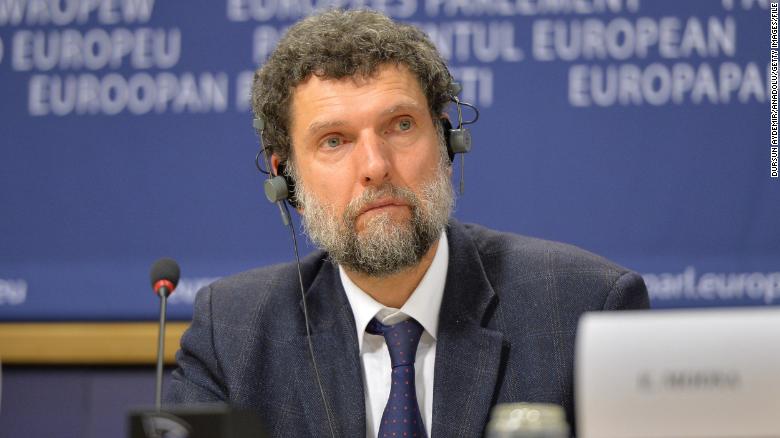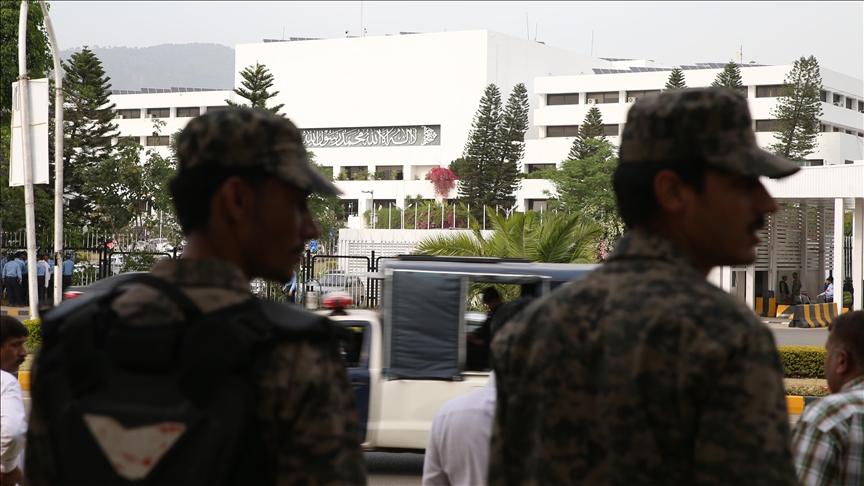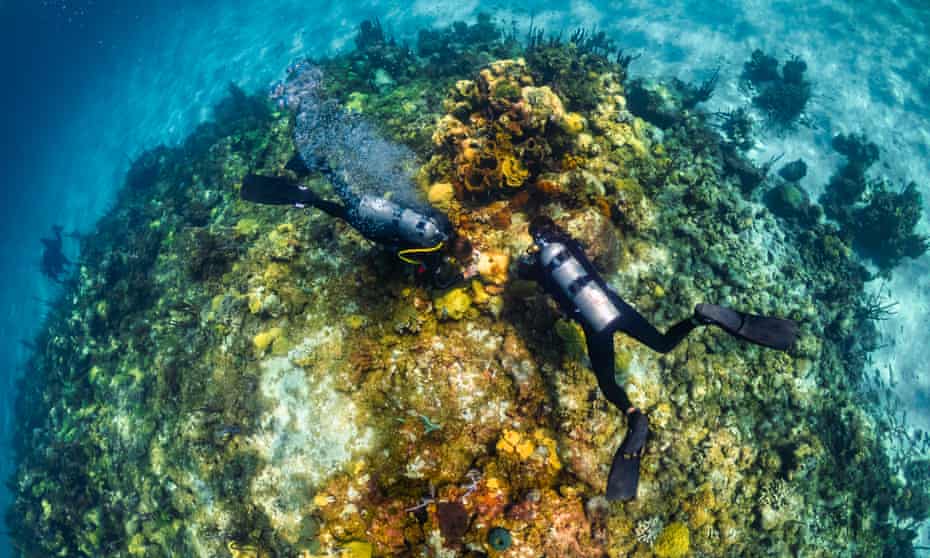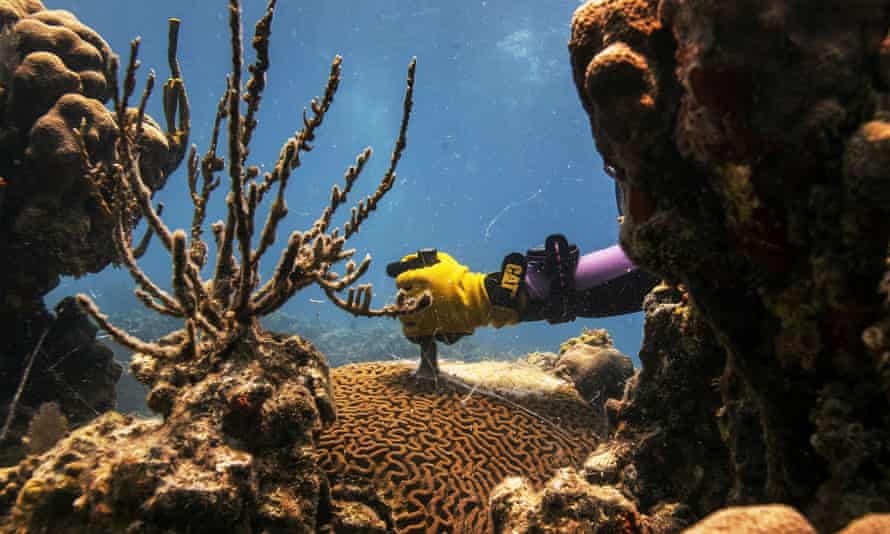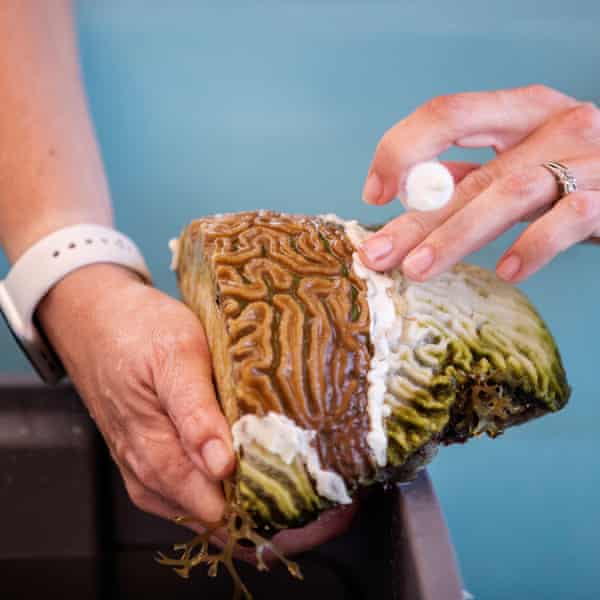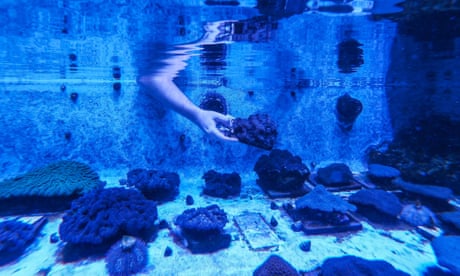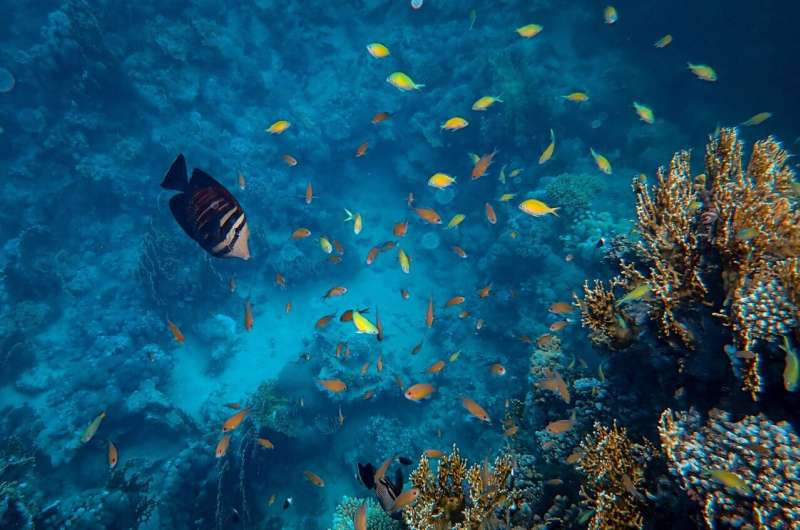Chase Lawrence
WSWS.ORG
The Texas Court of Criminal Appeals issued a stay of execution Monday for Melissa Lucio, just two days before she was scheduled to be executed by lethal injection on April 27. The 138th Judicial District Court of Cameron Country, the same that convicted her, has been ordered to consider new evidence.
The stay came after significant sections of the political establishment, nervous about the execution of a clearly innocent person discrediting the death penalty and aware of the outrage it was provoking, called for a delay in Lucio’s execution.
Coerced into a confession after having claimed her innocence over 100 times to police interrogators, Lucio was convicted of the murder of her two-year-old daughter Mariah in 2007.
Lucio faced a trial where evidence critical to her defense was omitted, such as that her child suffered a physical disability that made her walk unsteadily, which pointed to an accidental death by falling down the stairs. She has spent the last 14 years since her 2008 capital murder conviction languishing on death row in conditions amounting to torture, being deprived of social contact and only allowed two one-hour sessions a week for gardening, with the rest of her time spent in a barren cell.
The trial court is to evaluate four claims to determine whether Lucio will be granted a new trial including that she would not have been convicted without the state’s use of false testimony, that the new scientific evidence undermines her conviction, that the state committed a “Brady violation” by suppressing favorable evidence, and that she is innocent.
Vanessa Potkin, director of special litigation at the Innocence Project and one of Lucio’s attorneys, wrote in a statement released after the stay was announced:
The Court of Criminal Appeals did the right thing by stopping Melissa’s execution. Medical evidence shows that Mariah’s death was consistent with an accident. But for the State’s use of false testimony, no juror would have voted to convict Melissa of capital murder because no murder occurred.
It would have shocked the public’s conscience for Melissa to be put to death based on false and incomplete medical evidence for a crime that never even happened. All of the new evidence of her innocence has never before been considered by any court. The court’s stay allows us to continue fighting alongside Melissa to overturn her wrongful conviction.
A recording of Lucio receiving the news of the delay of her execution from Republican state Representative Jeff Leach and becoming emotionally overwhelmed at the sudden reprieve can be heard here.
Near the end, Leach states, “This isn’t the end. We’re going to continue to work together to make sure that the right thing is done, that hopefully you are ultimately free.” Leach, who has been in the forefront of the official opposition to the execution, is a self-described death penalty supporter.
Speaking to the Dallas News, Leach said, “I’m not the only conservative death penalty supporter who has great concern about the way we, no pun intended, execute the death penalty in Texas,” and that “We policymakers have an obligation not just to speak up on Melissa’s behalf, but to speak up on behalf of all death row inmates and the victims of these crimes.” Along with Leach, around half of the Texas House issued a bipartisan call for clemency, with half of both the House and Senate calling for a delay in the execution.
If readers’ eyes are not rolling by now, they should be. The Republican Party has instituted the laws, along with their Democratic Party colleagues, that have made it not only possible but likely that innocent people like Melissa Lucio are put on death row.
Lucio has languished in prison for 14 years with little commotion up until this point by the political establishment, despite the state of Texas appealing a US Court of Appeals for the Fifth Circuit decision in July 2019 overturning the case. Texas has carried out 574 executions since the death penalty was reinstated in 1976, the most of any state. Texas alone accounts for more than one third of all executions over the last 46 years. This particular case just happened to be too obviously unjust, too exposing and poorly timed for sections of the political establishment. Collectively, they have no concern for justice.
The Texas Board of Pardons and Paroles was, in addition to voting on a reprieve, supposed to meet separately to consider a clemency request. According to officials speaking to the New York Post, the Board of Pardons and Paroles decided not to vote on her clemency due to the appeals court ruling. That is, that there is still a possibility that Lucio will be executed.
Sabrina Van Tassel, writer and director of The State of Texas vs. Melissa, told the WSWS, “This was an egregious miscarriage of justice. But I am so happy that my film helped to put light on this just shameful case. This case really represents everything that could have possibly gone wrong in a case. And if we can have that kind of justice in our country, it’s very scary. And when is that good?”
Van Tassel noted there is no date set for a new trial and she thought there was little chance that Lucio would be released pending that trial. It is also very unlikely that the charges against her would be dropped.
To date, the Biden administration and Republican Texas Governor Greg Abbott have made no calls for clemency, despite Abbott having the ability to grant one given a recommendation by the Texas Board of Pardons and Paroles, the members of which are all appointees of Abbott’s.
Mia Brett
April 25, 2022

Greg Abbott
Melissa Lucio is set to be executed, as the first Hispanic woman in Texas, on April 27 for a crime that never happened.
It’s not just that she is innocent of her daughter’s murder. It’s that her daughter died from a tragic accident and no murder occurred.
On February 15, 2007, Melissa’s 2-year-old daughter, Mariah, fell down a flight of stairs. Two days later she took a nap and never woke up.
Without evidence or confession, prosecutors convicted Lucio of murder in July 2008 and a jury sentenced to death. Now we only have a few days left to get the Texas Board of Pardons and Paroles and Governor Abbott to grant her clemency and stop this execution.
Two hours after Mariah was pronounced dead, police began a six-hour interrogation. Melissa Lucio declared her innocence over 100 times, but after five hours of officers employing the controversial Reid method for interrogations, Lucio broke down and said, “I don’t know what you want me to say … I’m responsible for it … I guess I did it.”
This interrogation technique has led to so many false confessions that a police consulting group said it would stop using it in 2017.
At the time, Lucio had 12 other children and was pregnant with twins. During police interrogation, her children were being questioned in another room. They told investigators they saw Mariah fall down a flight of stairs and appear listless before sleeping for long hours.
Mariah also had a minor disability that likely contributed to her fall and the bruises on her body. None of this was presented at trial to explain Mariah's injuries. Alternatively, scientifically inaccurate testimony was given by the medical examiner to support the theory that Mariah’s injuries were the result of abuse.
Child Protective Services found no evidence of violence or abuse. The District Attorney, who’d later serve 13 years for unrelated corruption, was seeking reelection at the time and needed a high profile win.
Like many women caught in the criminal justice system (86 percent have a history of abuse), Melissa Lucio suffered child sexual abuse from the age of 6. She married at 16 to escape her family but her husband was also abusive and abandoned her and their five children.
Her next partner was also abusive. This lifelong abuse made Lucio particularly vulnerable to police coercion and likely contributed to a demeanor of shock and numbness that made police suspect her.
Eighty percent of women in jail are mothers. Seventy-one percent of exonerated women were convicted of crimes that never happened (though it’s rare for women accused of killing their children to get the death penalty). Lucio and others like her are criminalized when people in their care die accidentally if they’re not seen as “a good mother.”
Now five jurors from Melissa Lucio’s trial have joined the call to halt her execution. In particular, the jurors objected to the trial court allowing police to give testimony that Lucio’s demeanor showed she was guilty, but didn’t allow testimony about her history of abuse. More than 100 Texas state legislators from both parties as well as 130 Christian faith leaders also support clemency for Melissa Lucio.
(Join the fight to save Melissa Lucio and call Governor Abbott’s office, add your name to the petition, and use The Innocence Project’s social media toolkit to spread the word).
Mia Brett, PhD, is a legal historian. She lives with her gorgeous dog, Tchotchke. You can find her @queenmab87
